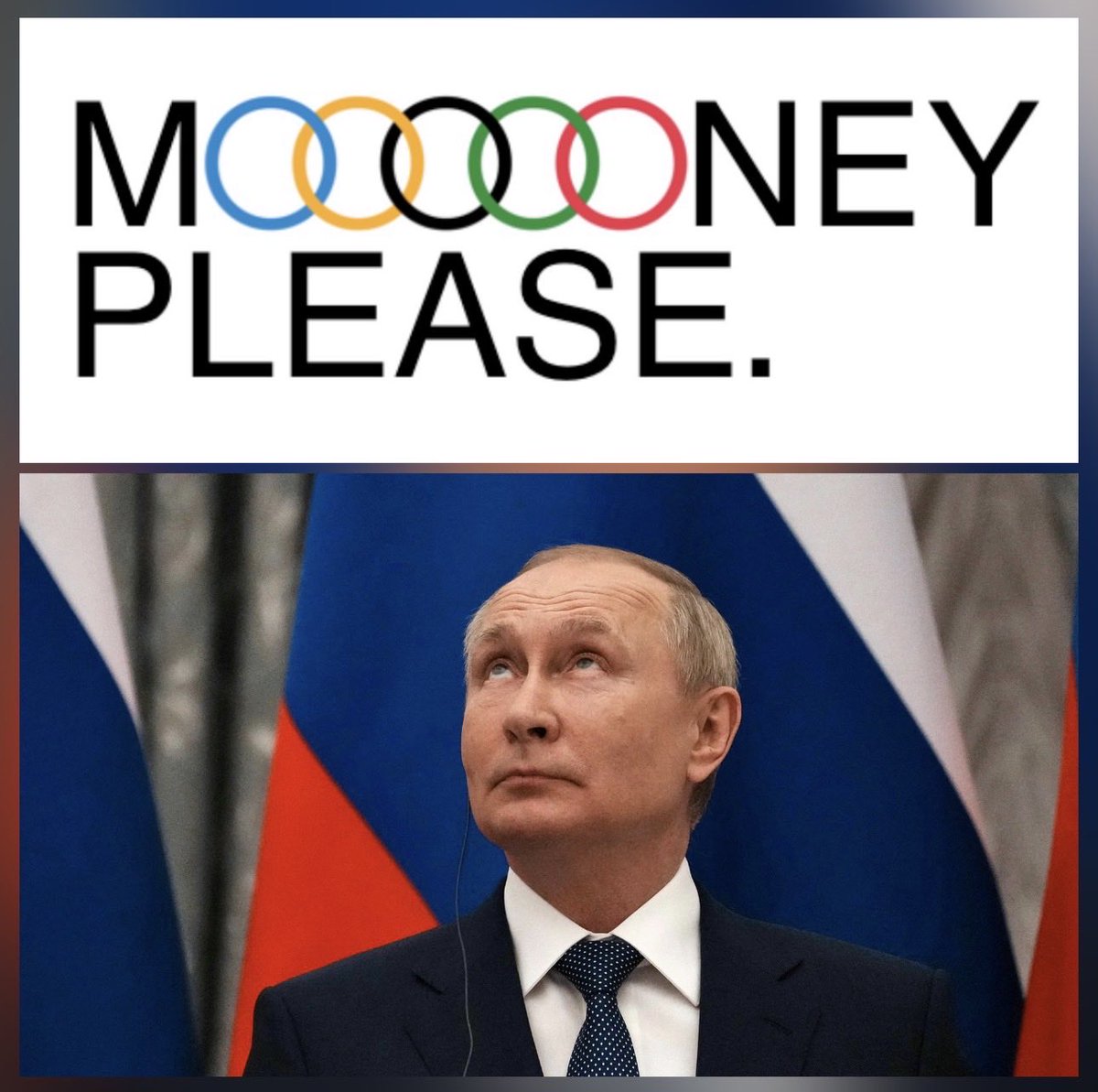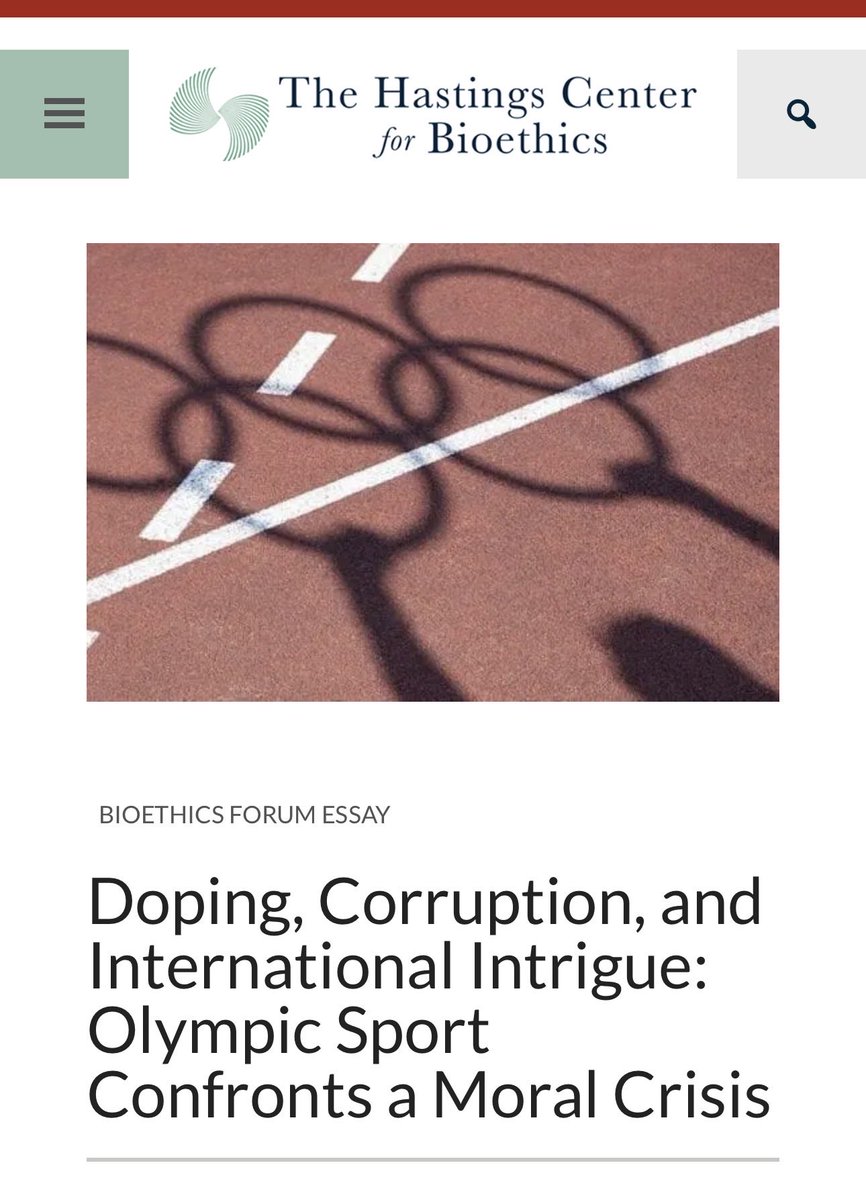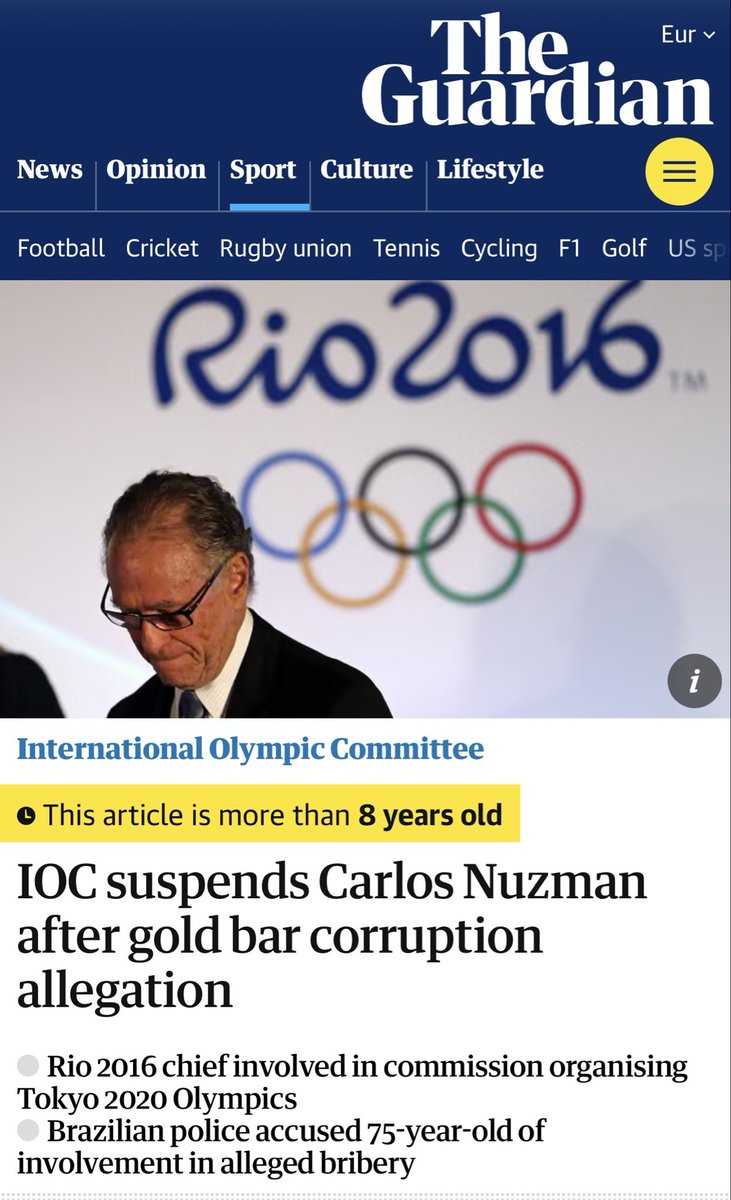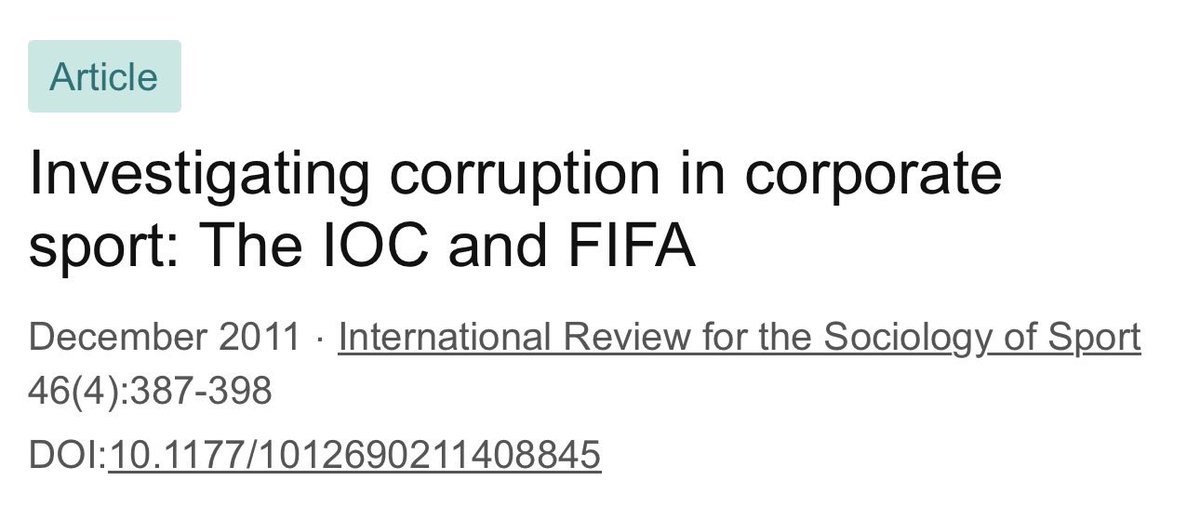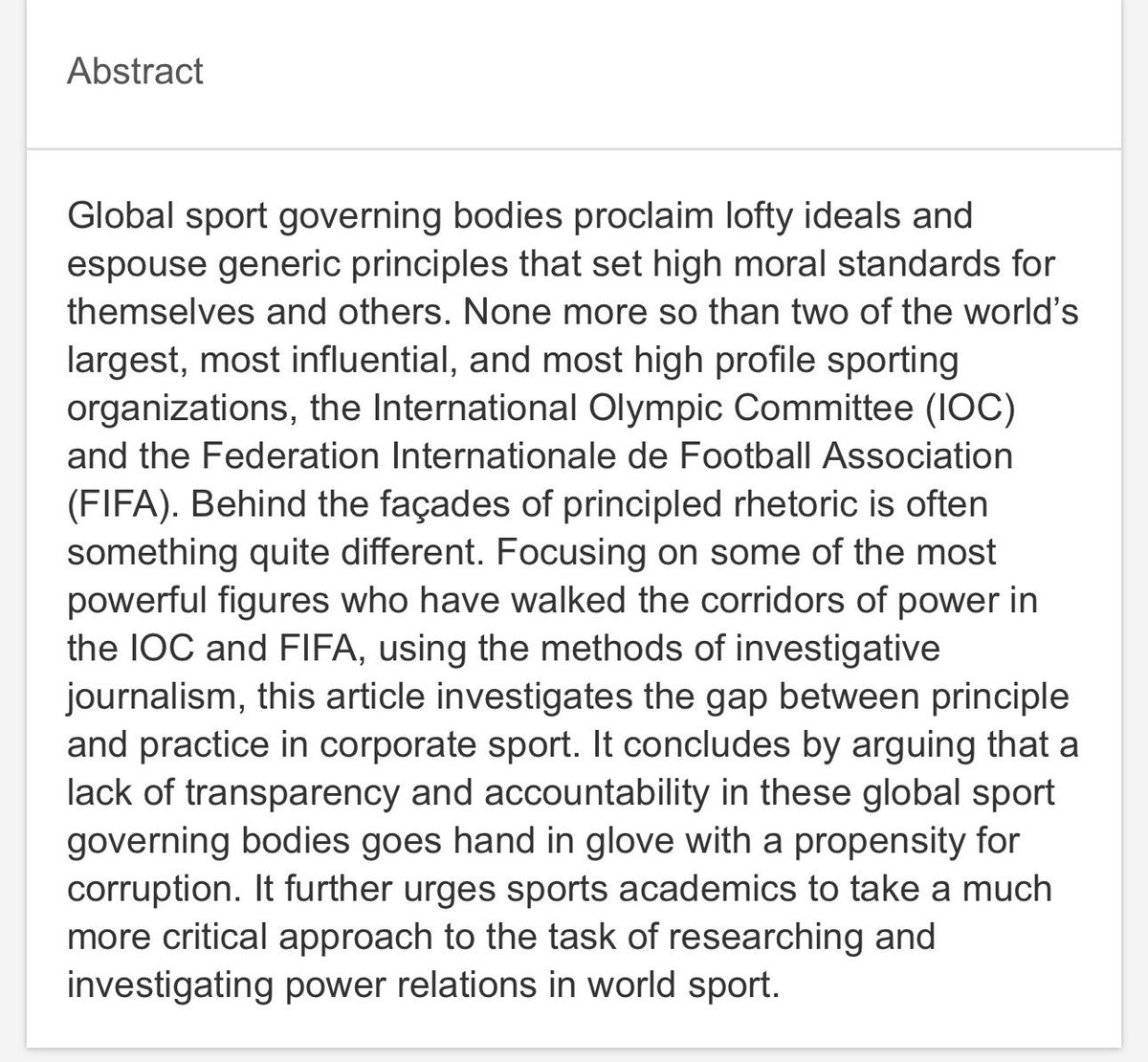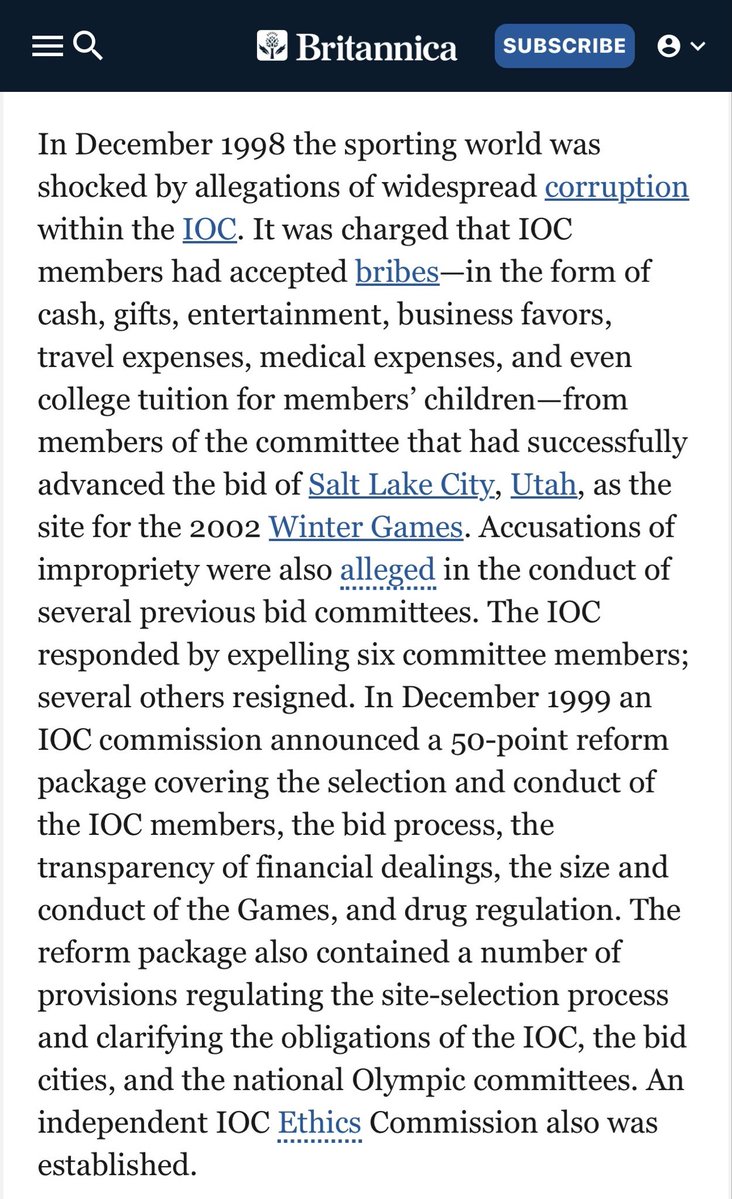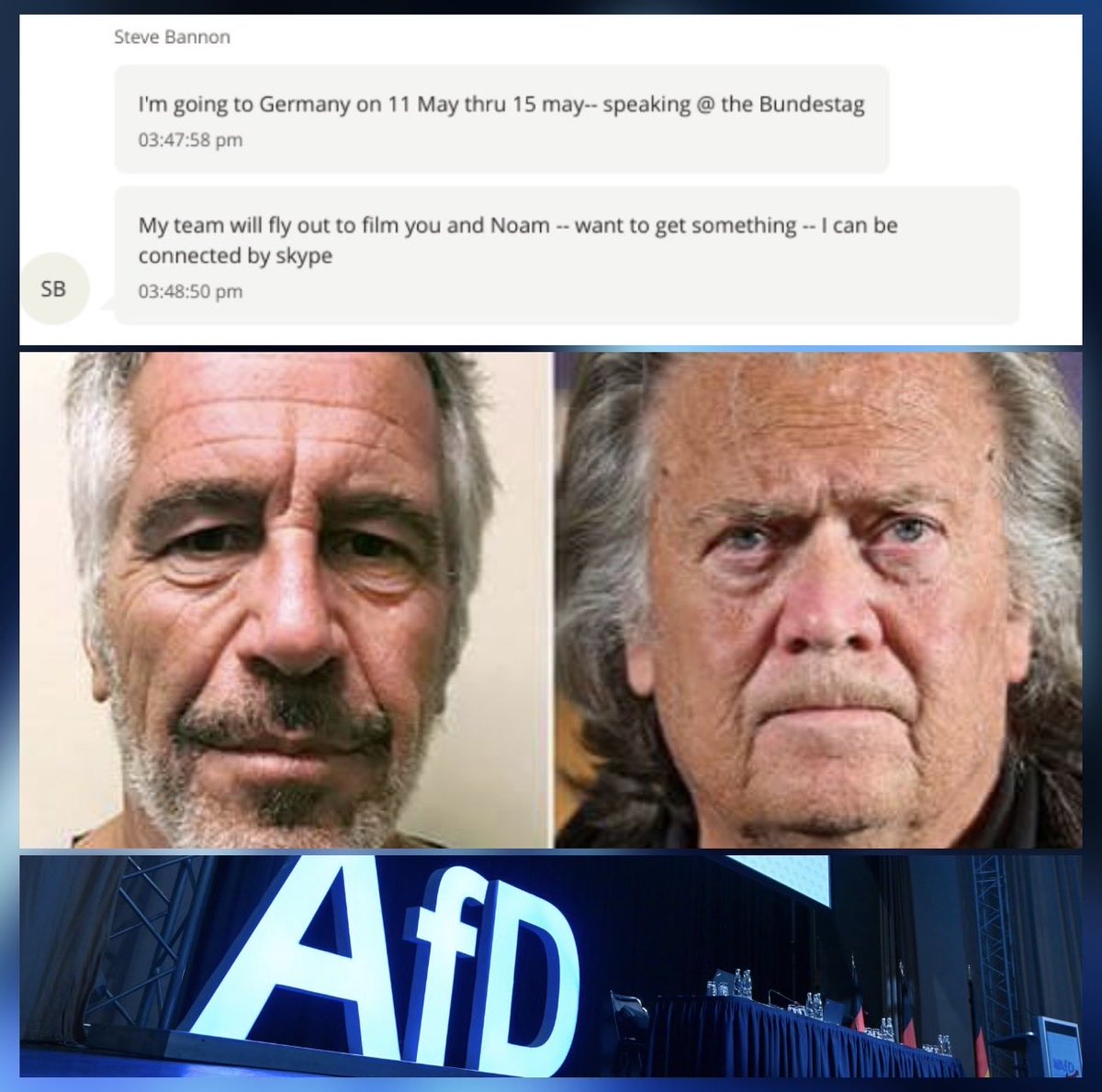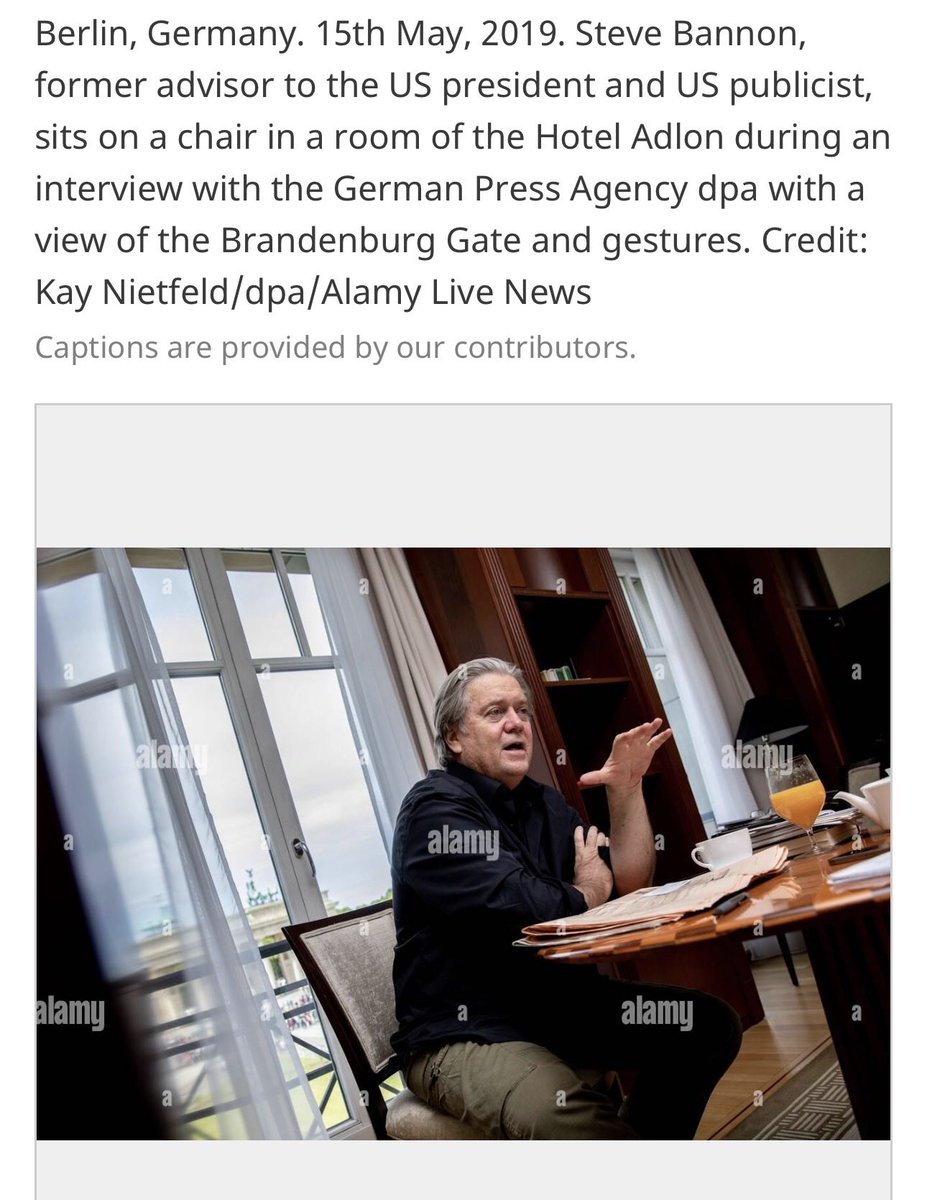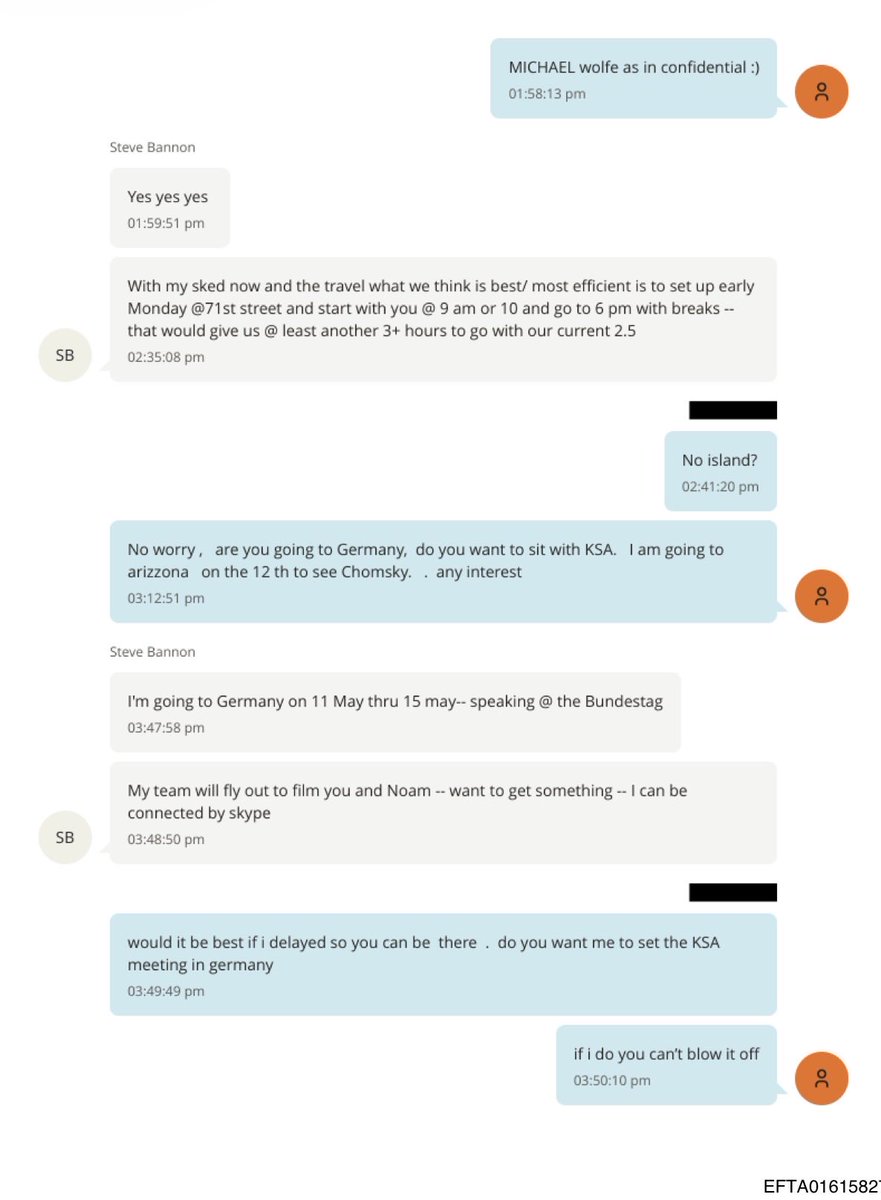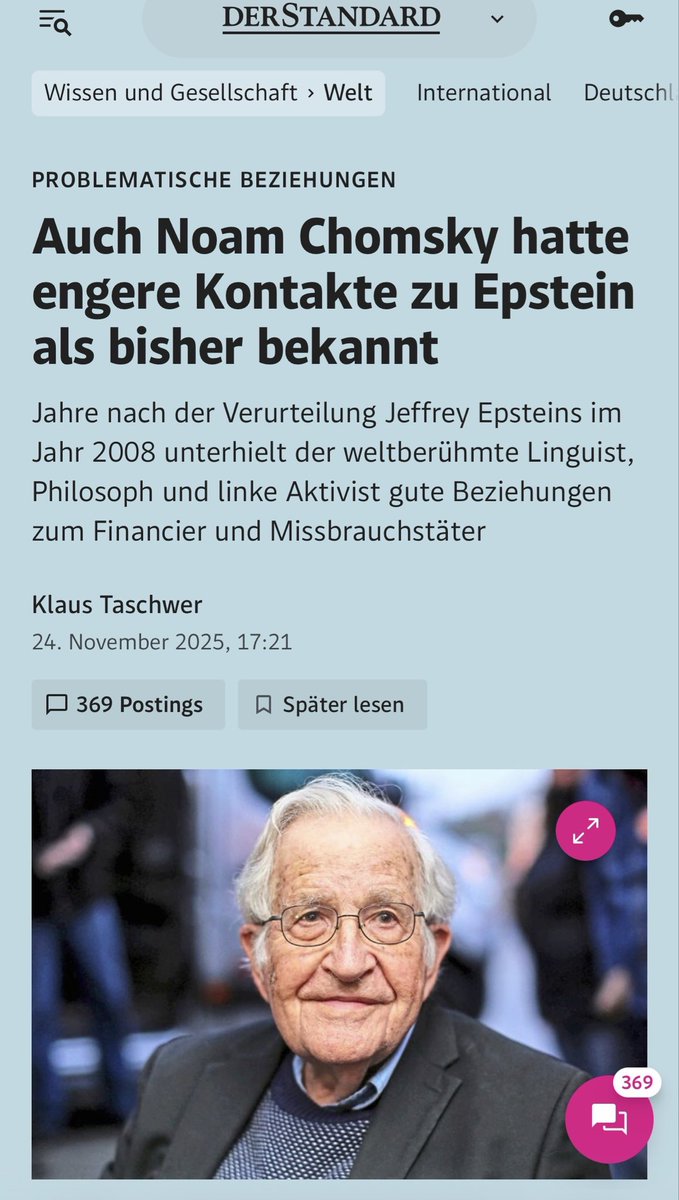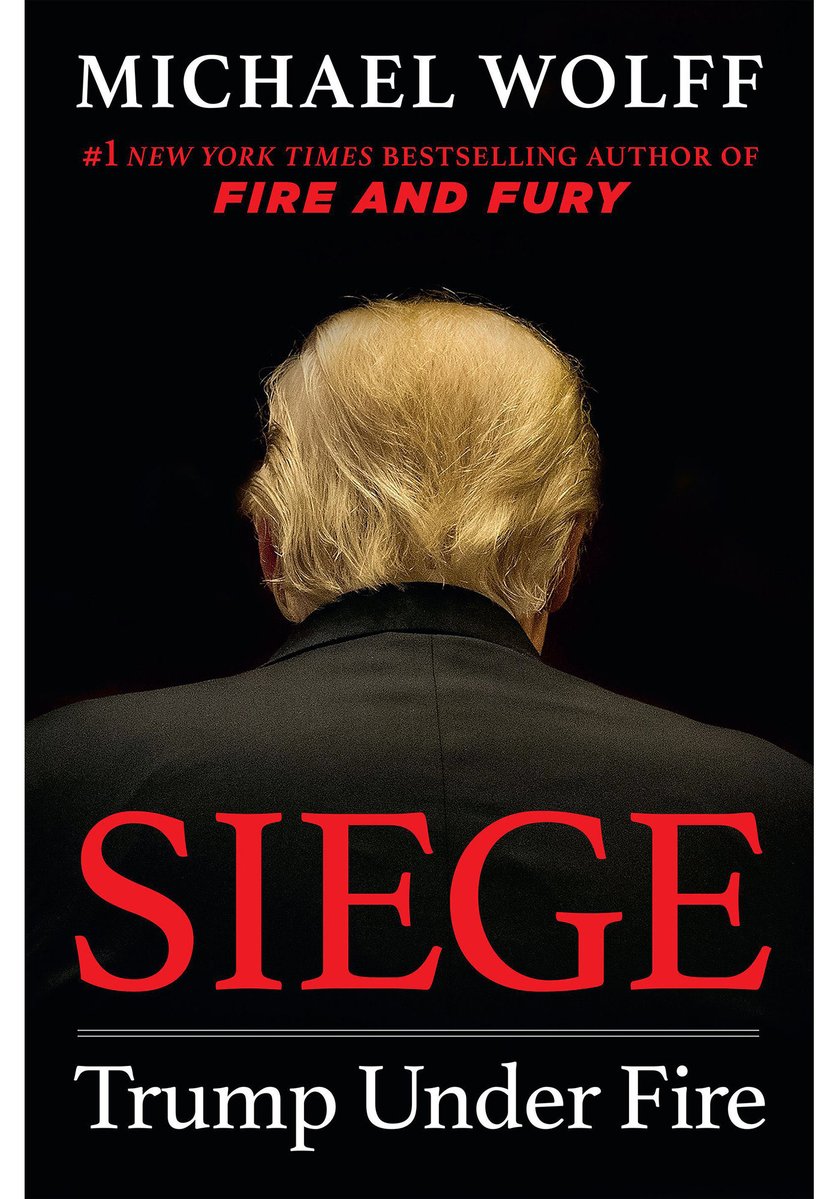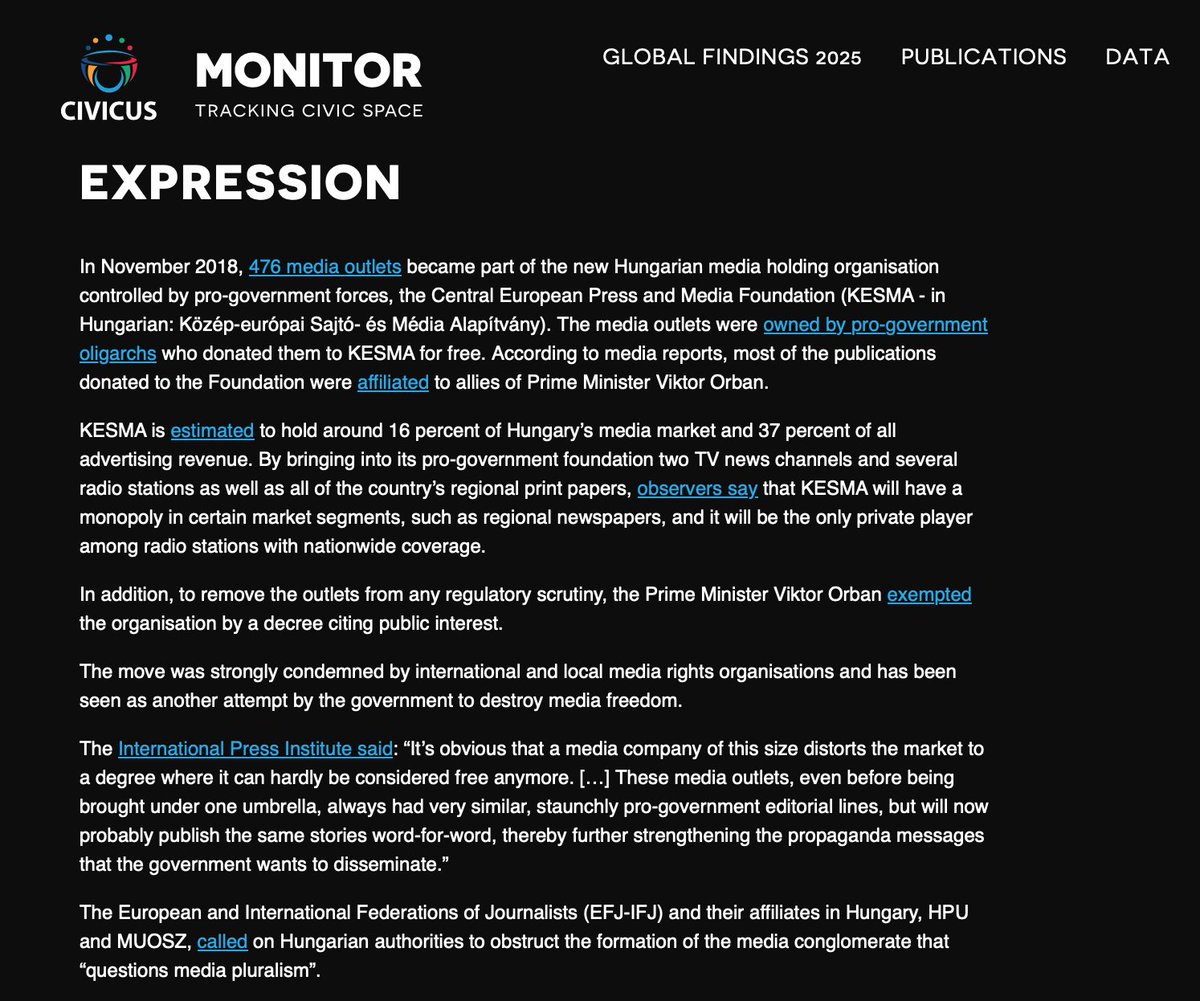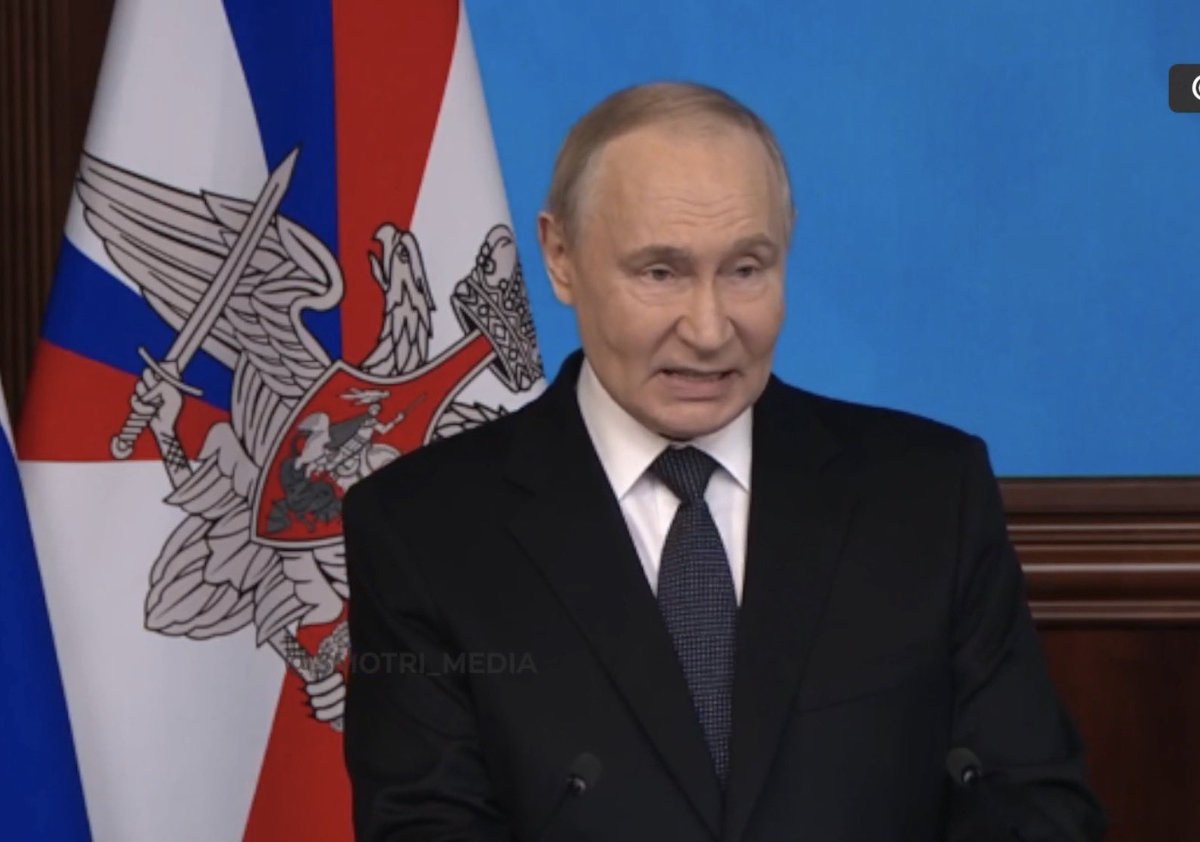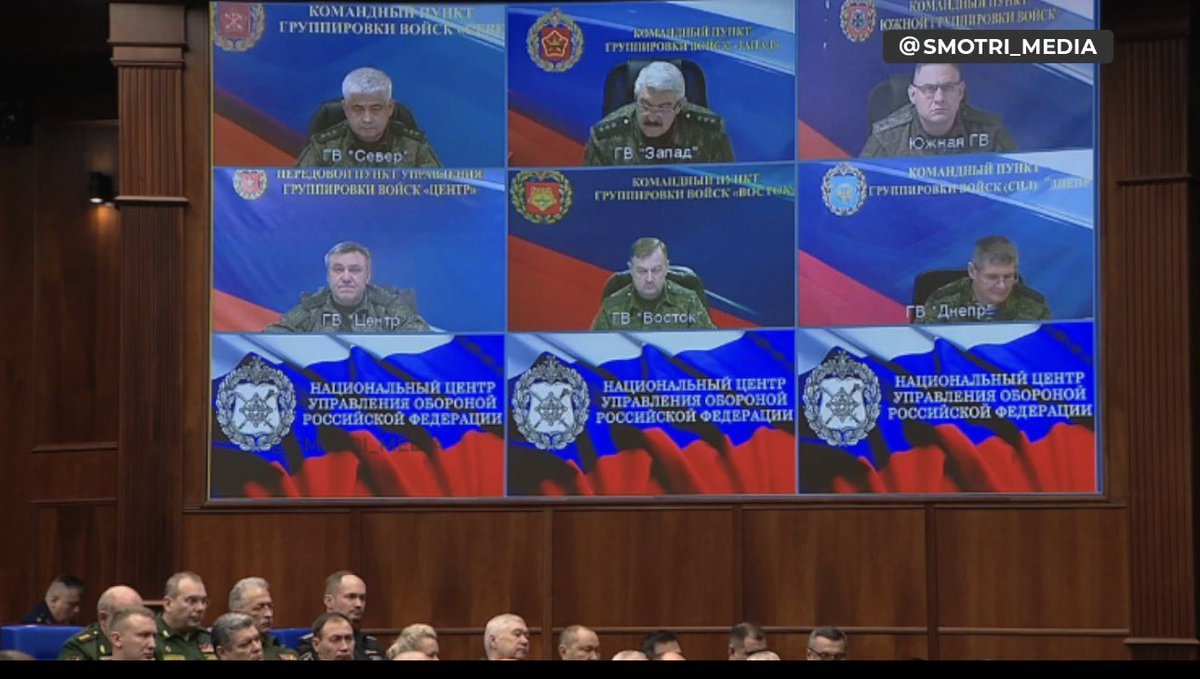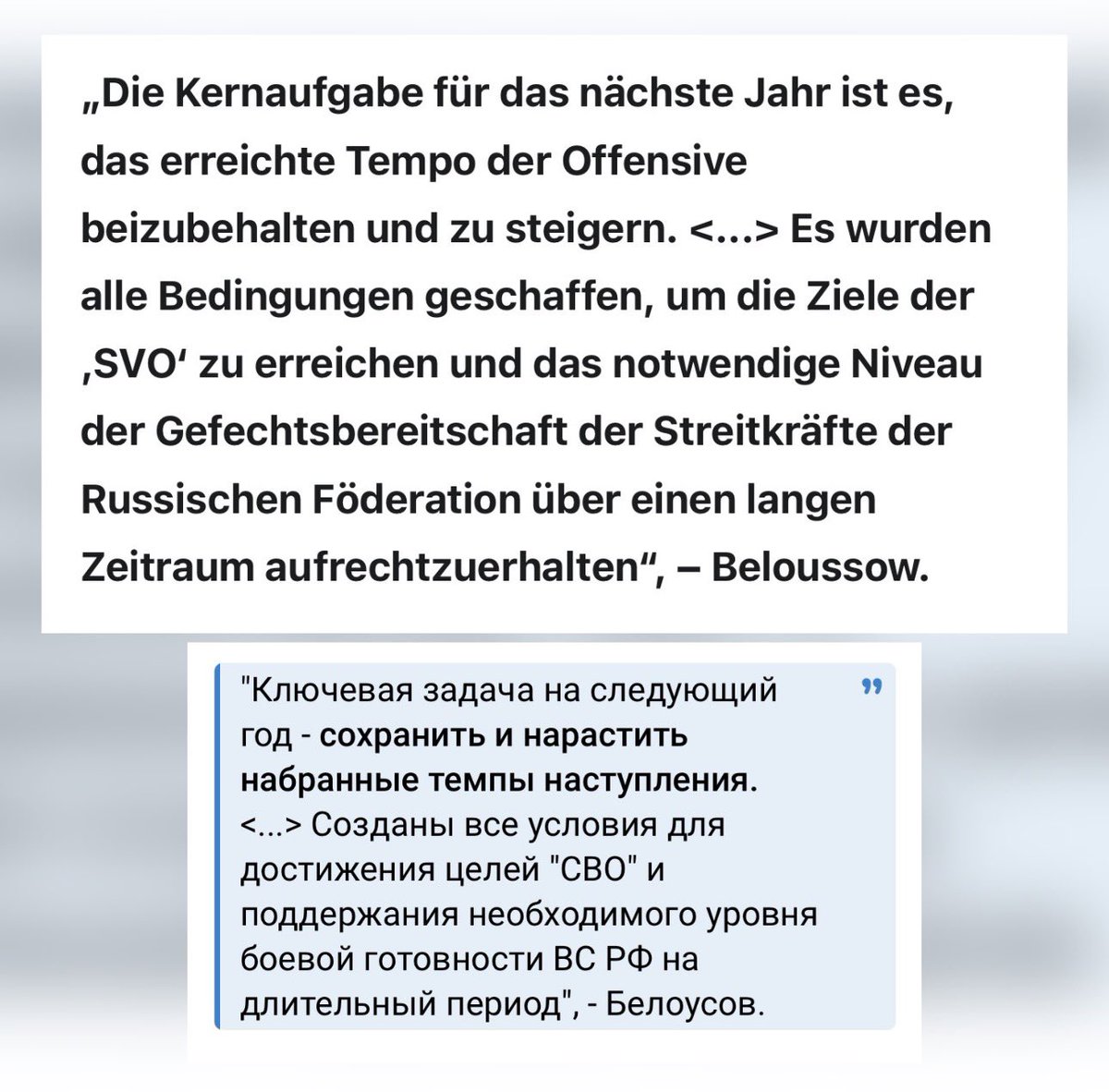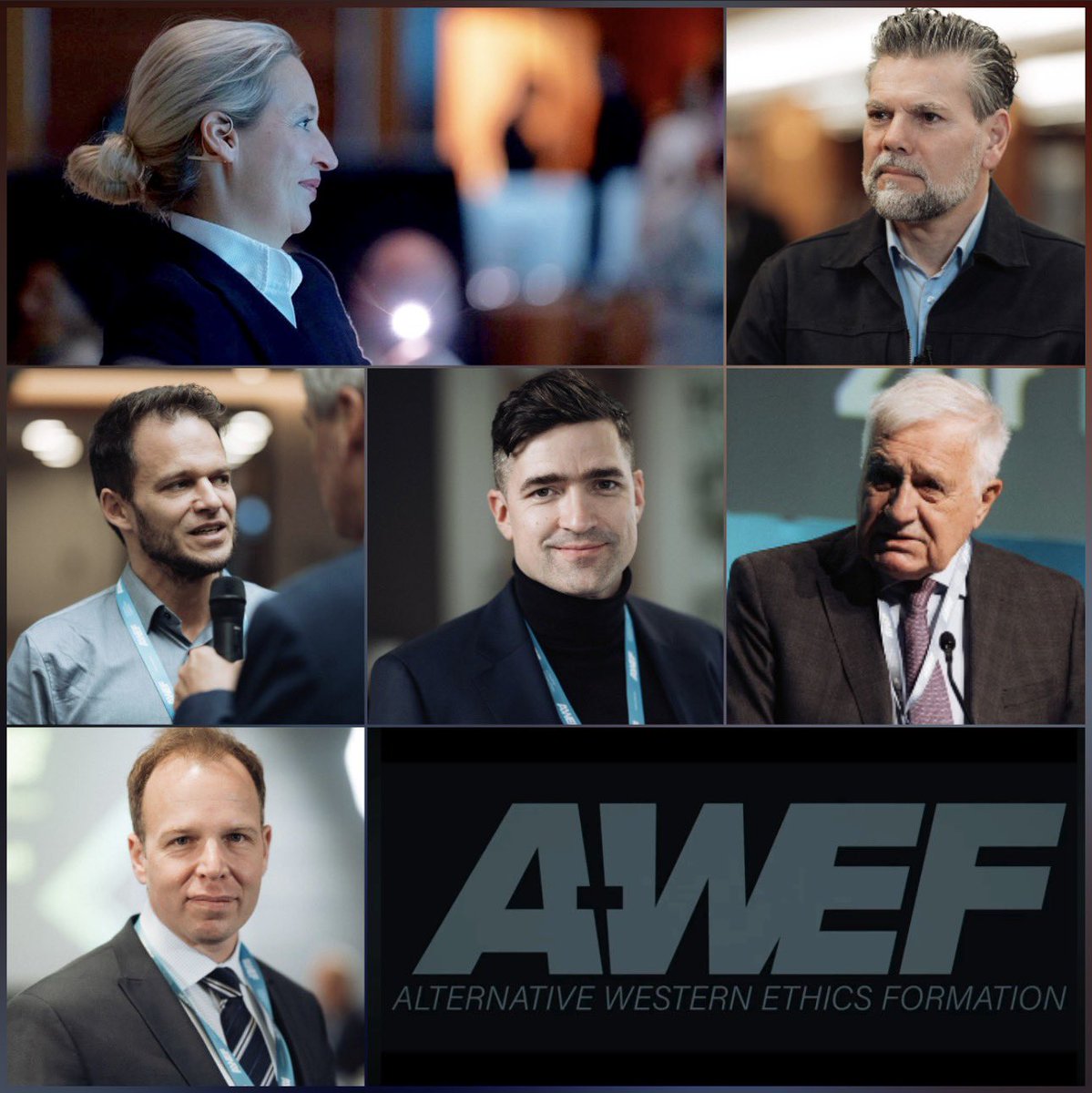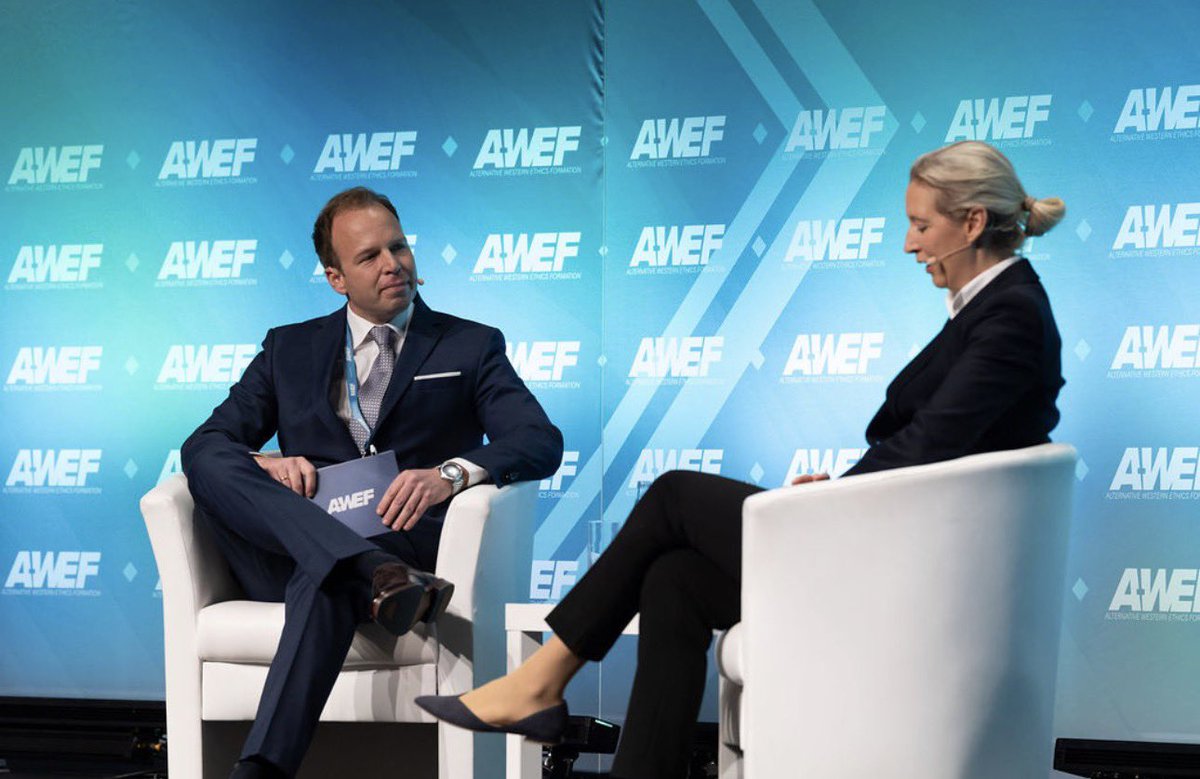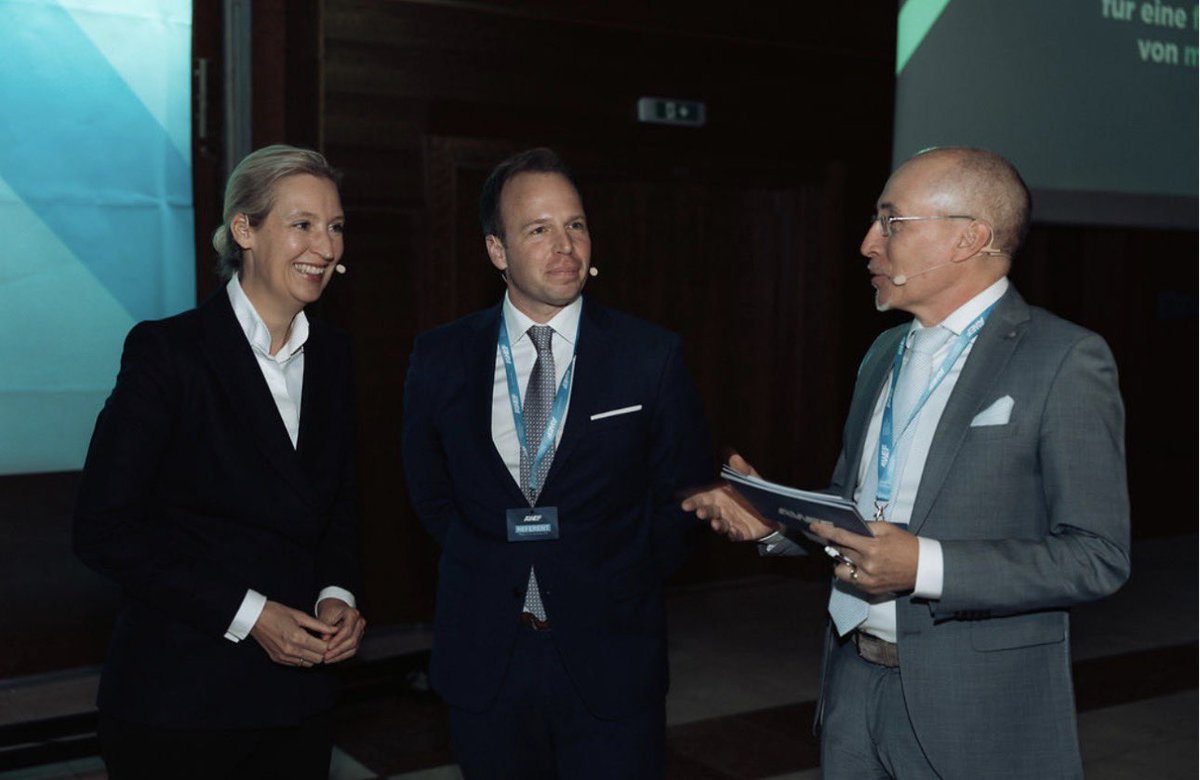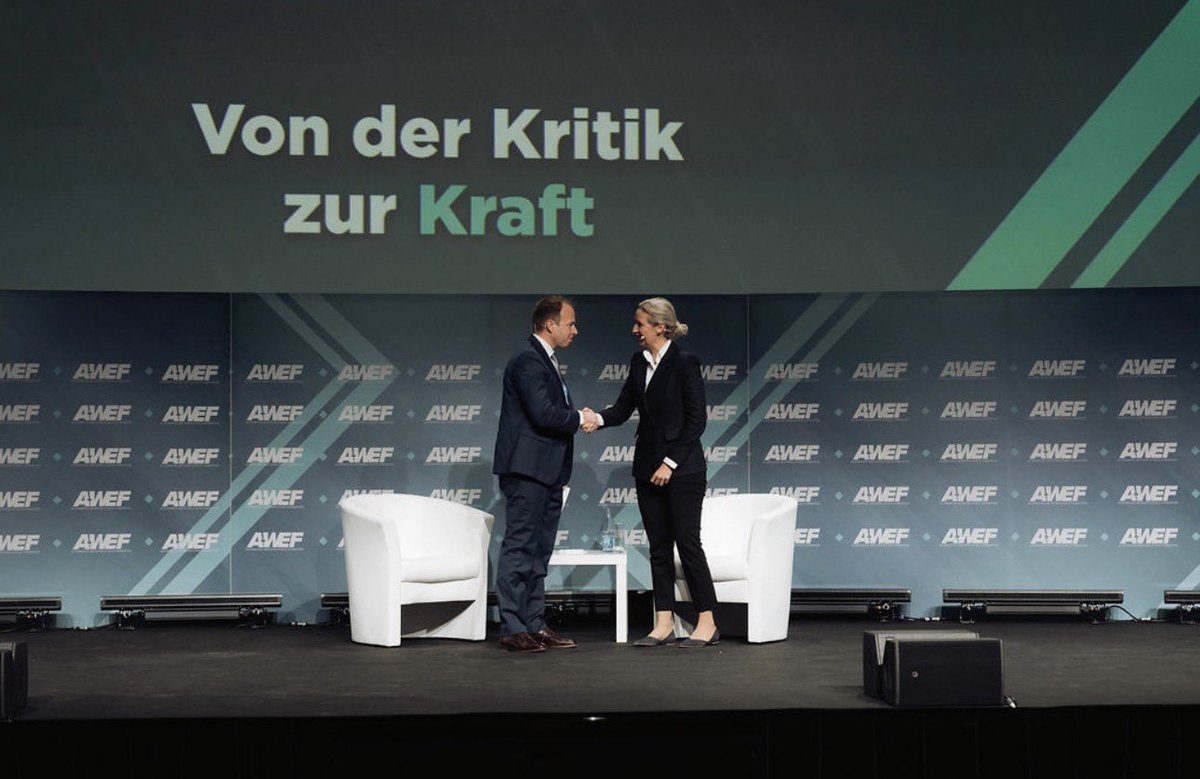Drones, children, human trafficking and Western chips:
How Yelabuga became the center of hybrid warfare and international business became a weapon in the hands of the Kremlin.
🧵1/19
How Yelabuga became the center of hybrid warfare and international business became a weapon in the hands of the Kremlin.
🧵1/19

In Tatarstan, on the territory of the special economic zone "Yelabuga", the largest plant in Russia for the production of combat drones has been operating since 2023. The production plan in Yelabuga is aimed at a large-scale increase in the production of drones - both attack and simulators.
🧵2/19



🧵2/19




The plant in Yelabuga is a large-scale enterprise focused on mass production and produces:
Geran-1, -2, -3 - the main attack drones based on Shahed.
Geran-3 is in development.
Gerbera - imitations for air defense overload.
Albatross M5 and others - reconnaissance drones for observation and artillery orientation.
🧵3/19



Geran-1, -2, -3 - the main attack drones based on Shahed.
Geran-3 is in development.
Gerbera - imitations for air defense overload.
Albatross M5 and others - reconnaissance drones for observation and artillery orientation.
🧵3/19




The Yelabuga Special Economic Zone is managed by the Russian Ministry of Economic Development and the Government of Tatarstan. The Russian Ministry of Defense is involved in financing and has a direct impact on production processes.
🧵4/19



🧵4/19




The death factory operates with the technical and logistical support of Iran, which provides equipment, technology, project documentation and engineers. Iranian specialists also participated in the construction.
The contract was signed for more than $1.7 billion.
🧵5/19



The contract was signed for more than $1.7 billion.
🧵5/19




Initially, the factory in Yelabuga was aimed at producing 6,000 combat drones per year. The ambitions were then expanded to produce up to 10,000 combat drones and 15,000 deception drones per year by 2025. This indicates extensive preparations for a long campaign using "mass" tactics.
🧵6/19


🧵6/19



The project is managed by Albatros LLC, a company that previously produced agrodrones and is now a defense contractor for the Russian Ministry of Defense.
The CEO of Albatros is Alexey Florov, also the head of Geomir and associated with a number of defense developers in Russia.
🧵7/19

The CEO of Albatros is Alexey Florov, also the head of Geomir and associated with a number of defense developers in Russia.
🧵7/19


The plant employs more than 800 people in three shifts.
This death machine has its own peculiarity - underage schoolchildren and students of Yelabuga Polytechnic College take part in the project.
🧵8/19



This death machine has its own peculiarity - underage schoolchildren and students of Yelabuga Polytechnic College take part in the project.
🧵8/19




Yelabuga Polytechnic College, founded in 2021, is recruiting schoolchildren to work at a drone factory. The students are promised a salary, but they are paid only for fulfilling the plan, they work 15 hours without days off, and the contract forbids disclosing what the students do.
🧵9/19



🧵9/19




The college makes no secret of the fact that they cooperate closely with the military-industrial complex company. If a student refuses, he or she faces expulsion from college and a hefty fine. Students have to work with little or no food, phones are confiscated, personal correspondence is checked, there is video surveillance, passport control and electronic travel restrictions.
🧵10/19



🧵10/19




Before the 2022 mobilization, Putin began a massive militarization of young people across Russia, including Tatarstan and Yelabuga. Colleges and schools were turned into war training centers. Tatarstan's President Rustam Minnikhanov supported Putin's project of militarization of children.
🧵11/19
🧵11/19
Under the Yelabuga Start program, girls aged 16-22 from Africa, Latin America and Asia are brought to the factory fraudulently, promising training but actually forced to assemble combat drones in harsh conditions under threats and with confiscated passports.
🧵12/19



🧵12/19




In April 2025, Interpol in Botswana began investigating Yelabuga Start, a company advertised in Africa as a training program in Russia for "ambitious young women" but linked to the manufacture of military drones, for involvement in human trafficking.
🧵13/19

🧵13/19


The Yelabuga plant uses a wide range of Western components, from semiconductors and sensors to optics and materials, which often bypass sanctions through "gray channels". Their availability is confirmed both by leaks from design documentation and customs data.
🧵14/19

🧵14/19


While the West condemns the war, its business, albeit indirectly, supplies and prolongs it.
In addition, many parts get to the factory through third countries: Turkey, Kazakhstan and many others. Russia masterfully circumvents sanctions, using not only "gray channels", but also purchases for "civilian" needs.
🧵15/19


In addition, many parts get to the factory through third countries: Turkey, Kazakhstan and many others. Russia masterfully circumvents sanctions, using not only "gray channels", but also purchases for "civilian" needs.
🧵15/19



In addition to Iran, China and the United States are key suppliers of components for the Yelabuga drones. Already in 2023, after the plant opened, these countries supplied the company with important components, including motors, microchips, transistors and batteries.
There is a regular railroad connection from China to Yelabuga.
🧵16/19



There is a regular railroad connection from China to Yelabuga.
🧵16/19




The closed channel "Yelabuga Live" reports that at least five major accidents have occurred at the Combat Drone factory this year alone, which the management has been hiding, due to the use of low-quality Chinese components.
🧵17/19
🧵17/19

Germany plays an important role in the production of deadly drones.
Three German companies have been identified - R&G Faserverbundwerkstoffe, Goettle Advanced Products GmbH and International Rectifier, a subsidiary of German firm Infineon Technologies AG.
🧵18/19



Three German companies have been identified - R&G Faserverbundwerkstoffe, Goettle Advanced Products GmbH and International Rectifier, a subsidiary of German firm Infineon Technologies AG.
🧵18/19




In a factory of death, teenagers are being used under duress as cheap labor to assemble killer drones stuffed with foreign components.
While the West hesitates, Putin's war machine is gaining momentum.
Today these drones are hitting Ukraine, but tomorrow they could hit the West itself.
🧵19/19
While the West hesitates, Putin's war machine is gaining momentum.
Today these drones are hitting Ukraine, but tomorrow they could hit the West itself.
🧵19/19

• • •
Missing some Tweet in this thread? You can try to
force a refresh


